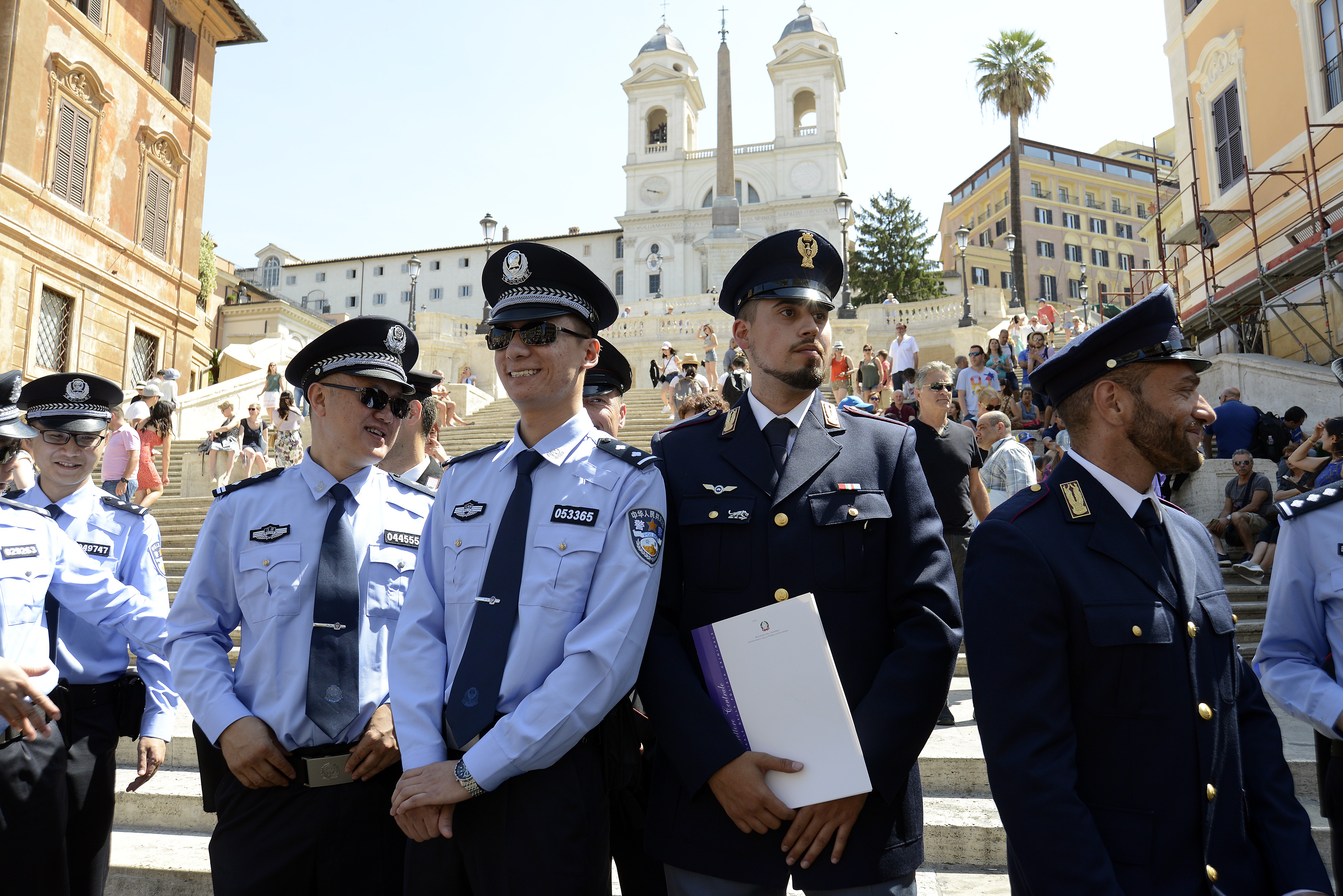The rise and reach of transnational policing

Criminologist Ben Bowling on how policing is increasingly crossing national borders, chasing globalised crime and cyber offenses, and raising questions about governance and public accountability
Published 22 September 2017
Criminologist Professor Ben Bowling explains that as globalised crime and cyber offenses ramp up, policing activities too are increasingly crossing national borders, raising problematic questions around governance and public accountability. Ben also examines issues around stop-and-search police powers in the global context.
“Police powers are migrating beyond the boundaries of the nation state to become much more transnationally linked”, says Professor Bowling.
“Now what we’re seeing is that police power authorised from one place is being executed in another place, and the question of where exactly does accountability lie in that context is highly problematic.”
Presented by Peter Clarke
Episode recorded on 7 September 2017 Up Close producer: Eric van Bemmel Audio engineer: Gavin Nebauer “Wannabe Outlaw Blues” performed by Doc Bowling and His Blues Professors. Used by permission of copyright holder, Ben Bowling
Banner image: Getty Images
Subscribe to Up Close through iTunes.

